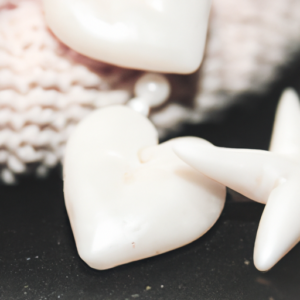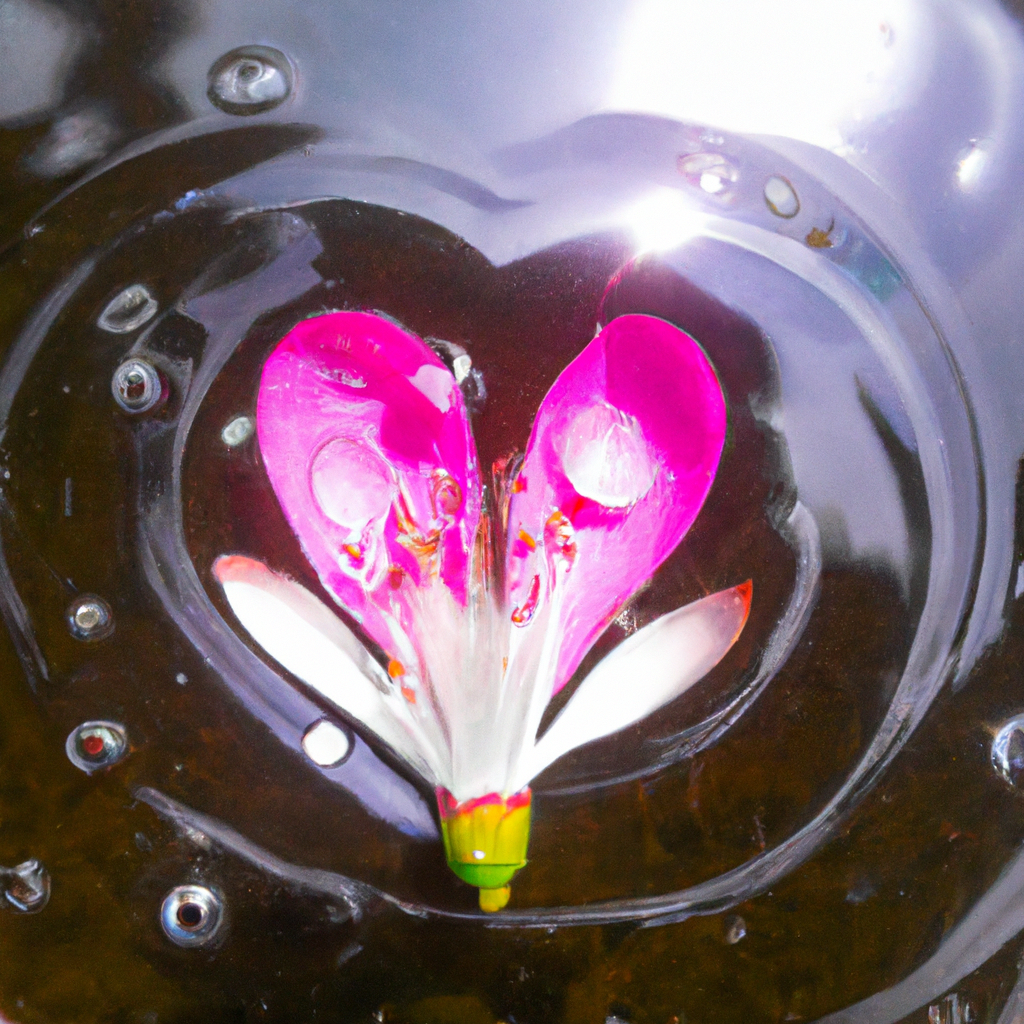Understanding the Concept of ‘Haram’ in Islam
In the Islamic faith, the term ‘Haram’ denotes anything that is strictly forbidden by Allah. This prohibition is derived from the Quran, the holy book of Islam, as well as from the Hadiths, which are the sayings, actions, and approvals of the Prophet Muhammad. The concept of Haram is a critical aspect of Islamic law or Sharia.
It’s essential to note that Haram extends beyond the obvious prohibitions, such as theft or murder, and can include subtler aspects of everyday life. For instance, certain foods and drinks, types of clothing, and even specific behaviors can be deemed Haram. This concept is fundamental to a Muslim’s daily life, guiding them towards righteous living and away from prohibited acts.
Islam and Sexual Ethics
In the context of Islam, sexual relationships are considered a natural and necessary part of life. However, they are governed by a set of ethical guidelines to ensure they align with the principles of the faith. The primary focus is on marriage and mutual consent, with sex outside of marriage being considered Haram.
Islamic sexual ethics also emphasize respect, love, and mutual satisfaction between partners. These principles aim to create a harmonious marital relationship while preventing harm and discord. In this regard, Islam is unique in its open acknowledgment and endorsement of sexual pleasure within marriage.
The Islamic Stance on Sex Toys: An Overview
When it comes to the use of sex toys in Islam, there isn’t a categorical answer since the Quran and Hadith do not directly address this issue. As a result, interpretations vary among Islamic scholars, leading to differing viewpoints.
Some scholars argue that anything which promotes sexual satisfaction between married partners and does not involve Haram elements (such as pornography or third-party involvement) could be permissible. Others, however, caution against their use, citing potential harm to the marital relationship or the fear of leading to prohibited sexual behaviors.
Despite these differing opinions, the consensus among scholars is that the intention behind using sex toys plays a significant role in determining their permissibility. If the use of a sex toy promotes intimacy and mutual satisfaction within a marriage and does not lead to any Haram acts, it could be argued that their use is permissible.
| Scholarly Viewpoints | Reasoning |
|---|---|
| Permissible | Promotes marital intimacy and satisfaction; does not involve Haram elements. |
| Not Permissible | Potential to harm marital relationship; fear of leading to prohibited behaviors. |
Are Sex Toys Haram in Islam?
As we look deeper into the permissibility of sex toys within the Islamic faith, it’s important to understand that the Quran and Hadiths do not explicitly mention this topic. Hence, scholars’ interpretations and opinions play a significant role in shaping the discourse.
From one perspective, some scholars argue that sex toys may be permissible if they are used within the confines of a marital relationship, do not cause harm, and do not lead to any Haram acts. The underlying principle here is that within a marriage, sexual satisfaction is important, and as long as the means to achieve it don’t contradict Islamic principles, they could be deemed acceptable.
On the other hand, some scholars argue that sex toys should be avoided. They worry that the use of sex toys could lead to an unhealthy focus on sexual pleasure or result in the objectification of the partner. This viewpoint emphasizes the spiritual and emotional aspects of marital intimacy, cautioning against practices that could potentially disrupt this balance.
| Scholarly Viewpoints | Reasoning |
|---|---|
| Sex toys are permissible | If used within the confines of marriage, do not cause harm, and don’t lead to Haram acts. |
| Sex toys should be avoided | Could lead to unhealthy focus on sexual pleasure or objectification of the partner. |
Role of Intent in Deciding Permissibility
In Islam, the concept of ‘Niyyah’, or intention, is of significant importance. As Prophet Muhammad said,
“Actions are judged by intentions.”
This principle applies to the use of sex toys as well.
If the intention behind using a sex toy is to enhance marital intimacy and provide mutual pleasure without violating any Islamic principles, then it could be considered permissible. However, if a sex toy is used with the intention of engaging in Haram acts or it becomes a source of harm or discord in the relationship, then it would be considered as not permissible.
It’s essential to note that the interpretation of intent is subjective and can vary from person to person. Therefore, individual conscience and understanding of Islamic principles play a crucial role in this matter.
Sex Toys and Marital Relationships in Islam
Within the confines of a marital relationship, Islam encourages mutual love, respect, and satisfaction. Sex is seen not just as a means of procreation, but also as a way to foster closeness and intimacy between spouses. In this context, the responsible use of sex toys could be seen as a tool to enhance this intimacy.
However, it’s important that the use of sex toys does not lead to dependency or replace the emotional and spiritual aspects of marital intimacy. As with everything, balance and moderation are key. The ultimate goal should always be a healthy and fulfilling marital relationship that aligns with the teachings of Islam.
Sex Toys: A Tool for Pleasure or a Cause for Concern?
When considering sex toys in the context of Islam, it’s crucial to weigh the potential benefits against the possible drawbacks. On the one hand, sex toys can potentially enhance marital intimacy, allowing couples to explore and express their desires in a safe and consensual manner. However, their use might also lead to concerns such as dependency or a shift in focus from emotional intimacy to pure physical pleasure.
At its core, Islam seeks to promote harmony, respect, and mutual satisfaction in marital relationships. If the use of sex toys aligns with these values and does not lead to harm or Haram acts, it could be seen as permissible. However, it’s essential to remember that this topic is complex and multifaceted, with varying interpretations and viewpoints.
Navigating the Grey Areas: Sex Toys and Islamic Jurisprudence
Given that the Quran and Hadiths don’t provide explicit guidance on modern issues like sex toys, it’s up to Islamic jurisprudence – or Fiqh – to fill in the gaps. This involves scholars interpreting Islamic laws and applying them to contemporary issues, a process that can lead to differing viewpoints and debates.
- Some scholars may argue that the principle of ‘Istihsan’ or ‘juristic preference’ could apply, where a judgment is made in favor of the most equitable solution.
- Others may use ‘Qiyas’ or ‘analogical deduction’, comparing the issue of sex toys to similar issues discussed in the Quran or Hadith.
Ultimately, the diversity of opinions underscores the complexity of Islamic law and its ability to adapt and respond to contemporary issues.
The Role of Scholars in Deciphering Islamic Laws
Islamic scholars, or ‘Ulama’, play a crucial role in interpreting and applying Islamic laws to new issues. Through their deep understanding of the Quran, Hadiths, and principles of Islamic jurisprudence, they provide valuable guidance to Muslims seeking to live in accordance with their faith.
When it comes to the issue of sex toys, the opinions of scholars can provide clarity and direction. However, it’s important to remember that these opinions are interpretations, and can vary based on the scholar’s understanding and perspective. The diversity of opinions reflects the richness and depth of Islamic jurisprudence, and the importance of individual judgment and conscience in matters of faith.
Muslim Men and Sexuality: Breaking Down Taboos
Discussion around sexuality, particularly in the context of Islam, is often considered a taboo. However, it’s essential to have open and honest conversations about these topics, as they form an integral part of human life and relationships. When it comes to Muslim men and the use of sex toys, such discussions can provide clarity, dispel misconceptions, and guide individuals towards decisions that align with their faith and personal values.
Breaking down these taboos is not about encouraging unrestricted sexual behavior. Instead, it’s about promoting healthy and respectful conversations around sexuality within the framework of Islamic principles. By doing so, it becomes possible to navigate the complexities of modern life without compromising religious beliefs.
Conclusion: Navigating Personal Choices within the Framework of Faith
When it comes to the question, “Are sex toys Haram in Islam for men?”, there is no definitive answer. The Quran and Hadiths do not explicitly address this issue, leading to varied interpretations among Islamic scholars. The use of sex toys can be seen as permissible if it promotes intimacy and mutual satisfaction within a marriage and does not lead to any Haram acts. However, these conclusions are subjective and depend on individual understanding and application of Islamic principles.
As a practicing Muslim, it’s essential to seek knowledge, understand the principles of your faith, and make informed decisions that respect and uphold these principles. When faced with grey areas, engage with trusted scholars, consider their interpretations, and reflect on your personal values and conscience.
At the end of the day, Islam encourages a balanced approach to life, where faith guides personal choices, and personal choices respect the boundaries of faith. This balance is key in navigating complex issues such as the use of sex toys, ultimately leading towards a life that is fulfilling both physically and spiritually.
FAQs: Addressing Common Questions
Frequently asked questions can provide further clarity on this topic. Here are some that often arise:
- Are there any specific Hadiths or Quran verses related to the use of sex toys?
While there are no specific Hadiths or Quran verses that directly address the use of sex toys, Islamic scholars derive their interpretations from principles and teachings related to sexuality, marriage, and Haram. - Does the prohibition of sex toys change depending on marital status?
Sexual activity in Islam is permitted only within the confines of marriage. Therefore, the use of sex toys outside of a marital relationship would generally be considered Haram. - Are there any Islamic scholars who have discussed this topic?
Several Islamic scholars have provided interpretations and rulings on this subject. However, their perspectives differ, reflecting the complexity and nuances of Islamic jurisprudence.
Final Thoughts
The topic of sex toys in Islam is complex and multifaceted. It requires careful consideration of Quranic teachings, Hadith, and Islamic jurisprudence, as well as individual judgment and conscience. While this article provides an in-depth exploration of the topic, it’s crucial for each individual to seek knowledge, engage with scholars, and make informed decisions that align with their faith and personal values.
References
For further reading and in-depth understanding, the following sources provide valuable insights:
- URL 1 – An authoritative source on the Islamic perspective on sex toys
- URL 2 – A scholarly article discussing the use of sex toys in Islam
- URL 3 – An Islamic scholar’s take on the use of sex toys for men
These sources can offer a deeper understanding of this complex issue and provide guidance to those seeking to navigate their personal choices within the framework of their faith.






